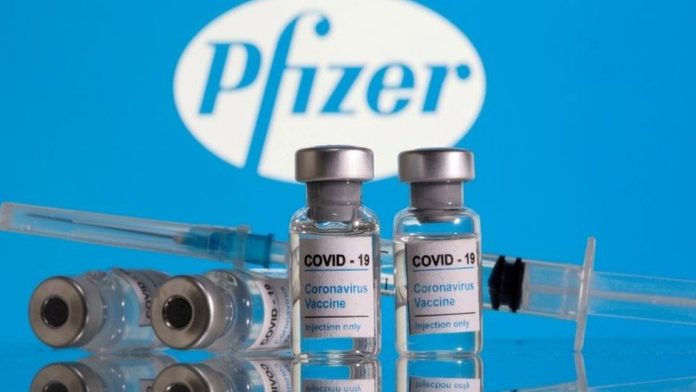This article was originally published by Willow Tohi at Natural News.
-
- Harvard researchers reveal Pfizer vaccine increases heart attack risk by 36%.
-
- Data was hidden in a 50-page supplement of a JAMA study.
-
- 433,672 U.S. veterans were analyzed over 38 weeks.
-
- Controversial findings highlight hidden risks in Pfizer vaccines.
-
- Calls for transparency and independent testing from medical experts.
In a surprising turn of events, a major study published in JAMA in June 2022 revealed that the Pfizer vaccine increases the risk of heart attacks by 36%. Conducted by Harvard researchers, the study analyzed data from over 430,000 American veterans. The findings, buried in a 50-page appendix, were only uncovered and made public in September. Despite meticulously controlling for factors such as age, race and vaccination site, the research concluded that the Pfizer vaccine not only failed to reduce the risk of heart attacks but actually increased it by 36% compared to the Moderna vaccine.
Study uncovers alarming risks
The JAMA study by Harvard researchers, published in June 2022 and analyzed 433,672 U.S. veterans during 38 weeks of follow-up, revealed that recipients of the Pfizer-BioNTech vaccine faced a stunning 36% higher risk of heart attack compared to those who received the Moderna vaccine. This revelation, however, was buried in a 58-page supplement and only recently disclosed by Steve Kirsch. The analysis meticulously matched participants by age, race, vaccination site and neighborhood to ensure accurate comparison. Despite these efforts, the findings remain controversial, raising serious questions about the safety and efficacy of the Pfizer vaccine.
Unveiling the data: Comparing Pfizer and Moderna
Dickerman and colleagues analyzed data from 433,672 U.S. veterans, comparing the short- and long-term adverse events of the Pfizer and Moderna vaccines. The 36% increased risk of heart attack is just one of several concerning findings:
-
- Hemorrhagic stroke: 24% higher for Pfizer.
-
- Ischemic stroke: 18% higher.
-
- Myocardial infarction: 36% higher.
-
- Other thromboembolic events: 24% higher.
-
- Myocarditis or pericarditis: 92% higher.
-
- Kidney injury: 21% higher.
These elevated risks highlight a disturbing trend where Pfizer recipients face higher chances of severe health complications within 38 weeks of vaccination.
The stark reality: Misreported data and hidden truths
Historically, mainstream media and government health agencies have touted vaccines as safe and effective. However, this study reveals significant underreporting and misreporting of adverse events. Researchers involved in this study admit to not highlighting the relative risk of heart attacks, instead using absolute numbers to downplay the severity. This approach obscures the true impact of the Pfizer vaccine, creating a misleading picture of vaccine safety. Additionally, the study uncovers discrepancies in reporting rates, which were as high as 10% underreported in some instances, further eroding public trust. Such practices not only violate medical ethics but may also pose potential risks to public health.
Expert voices and public concerns
Dr. Hooman Noorchashm, a renowned surgeon and patient safety advocate, penned a letter to the FDA, urging them to screen for SARS-CoV-2 viral proteins before administering vaccines. Dr. Noorchashm believes this could mitigate potential vaccine injuries and deaths among the elderly and those with pre-existing conditions. Meanwhile, other experts argue that Pfizer’s vaccine may exacerbate pre-existing conditions, leading to a higher risk of heart attacks and other cardiovascular issues.
The need for transparency and caution
The JAMA study exposes critical omissions in vaccine safety reporting, calling for greater transparency and rigorous testing before widespread distribution. As health authorities update guidelines based on emerging data, it’s imperative for citizens to remain informed and cautious. The hidden risks associated with the Pfizer vaccine underscore the urgent need for thorough, independent evaluations and public disclosure. Let’s hope that in the future, the medical community prioritizes transparency over secrecy, ensuring the safety of all vaccine recipients. The safety and efficacy of vaccines must be grounded in fact, not convenience.
Read the full article here


